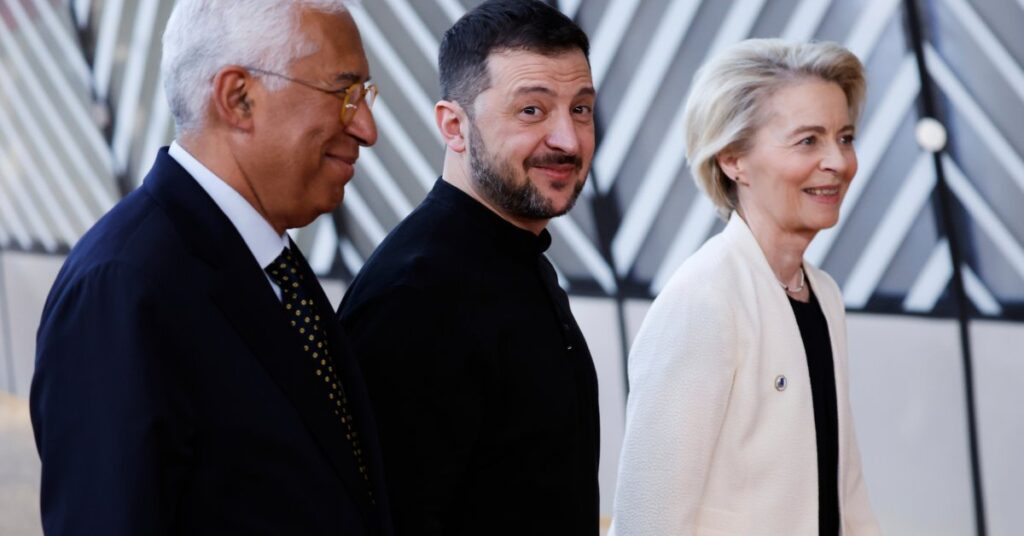European Union leaders, alarmed by the possibility of waning support from the United States under President Trump, convened urgent talks to bolster their security and ensure protection for Ukraine. Discussions led by potential German Chancellor Friedrich Merz and summit chair Antonio Costa centered on enhancing Europe’s defense capabilities swiftly, with proposals to relax debt regulations for increased military spending gaining traction.
Amidst this backdrop, French President Macron raised the prospect of leveraging France’s nuclear arsenal to shield Europe from Russian threats, signaling a significant shift in transatlantic relations post-Trump’s presidency. Recognizing the evolving geopolitical landscape, the European Policy Center emphasized the imperative for Europe to assume greater defense responsibilities in the face of potential conflicts.
Macron outlined ambitious plans for enhanced military expenditures and collaborative arms procurement, asserting Europe’s autonomy in shaping its security future independent of Washington or Moscow. Proposals by European Commission President Ursula von der Leyen to ease budget constraints for defense spending, supplemented by substantial loans for military equipment, underscore the bloc’s commitment to fortify its defense capabilities.
However, challenges loom, including economic constraints limiting countries’ capacity to ramp up military expenditures, escalating security threats, and the urgent need to support Ukraine amidst escalating conflict with Russia. Despite the pressing security concerns, achieving consensus within the EU remains a formidable task, particularly with dissenting voices like Hungary potentially complicating unified action.
As Europe grapples with unprecedented security risks and geopolitical uncertainties, the outcomes of these emergency talks will shape the continent’s defense strategy and its ability to navigate turbulent global dynamics, setting the stage for further decisive decisions at the upcoming summit in March.

